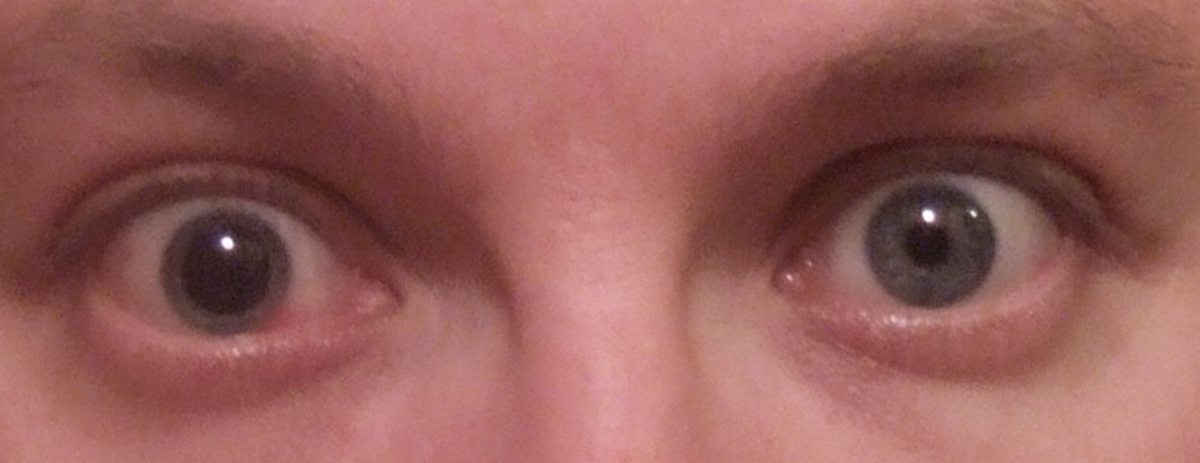
Atropine is a medication used for many purposes. It represents an alkaloid extracted from the plant Atropa belladonna. Atropine is classified as antimuscarinic medication. This means that it is capable of blocking the muscarinic receptors which are found in different parts of the body.
Atropine Eye Drops
In a form of eye drops atropine is used for dilatation of the pupils prior to an eye examination. Atropine eye drops are also used in treatment of certain eye conditions.
As already mentioned, the effects of atropine result from blocking of muscarinic receptors. In case of atropine eye drops the muscarinic receptors in the eyes are blocked, which allows for a relaxation of the muscles in charge of regulation of the pupil size and the shape of the lens. Blockage of muscarinic receptors in the eyes leads to dilatation of the pupils and the lens simply cannot adjust and provide with suitable correction in vision if near or distant objects are watched. These effects are of great help during examination of the eye.
Atropine eye drops can be administered to patients suffering from certain eye conditions such as uveitis, iridocyclitis and malignant ciliary block glaucoma.
Atropine Eye Drops Side Effects
Side effects of atropine eye drops generally occur if the prescribed dose is exceeded. If taken in recommended doses the eye drops are considered safe and can be administered in both, children and adults.
Administration of atropine eye drops leads to temporary loss of accommodation reflex. The effects generally last an hour and in some people they may linger for up to 2 hours. Problems with accommodation are associated with blurred vision. This is one of potential side effects of atropine eye drops. Furthermore, the drops may be responsible for sensitivity to bright light, irritation or stinging sensation, inflammation of the lining of the eye and, in some cases, swelling of the eyelids. A person can also complain about excessive lacrimation (tear production) and redness of the eye. The eye drops may also increase intraocular pressure.
Unlike these relatively mild side effects, atropine eye drops may cause some more serious side effects. These include fever, confusion, arrhythmia and problems with urination. These side effects may require prompt medical attention. Children are more prone to certain side effects of atropine such as irritability, hallucinations, strange behavior, swelling and distension of the abdomen.
Allergy to atropine may be in a form of skin rash, hives and swelling of the face or mouth, irregular heart beats and breathing and swallowing difficulties. Prior administration of atropine eye drops a doctor must pay attention on potential interactions between atropine eye drops and other medications a patient is taking.



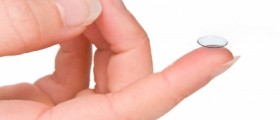


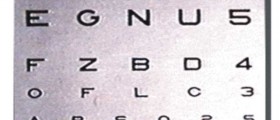
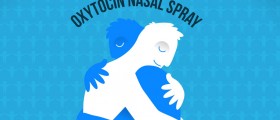
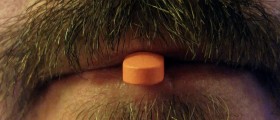



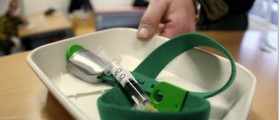

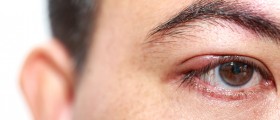
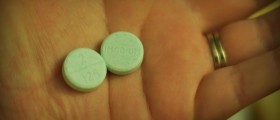

Your thoughts on this
Loading...